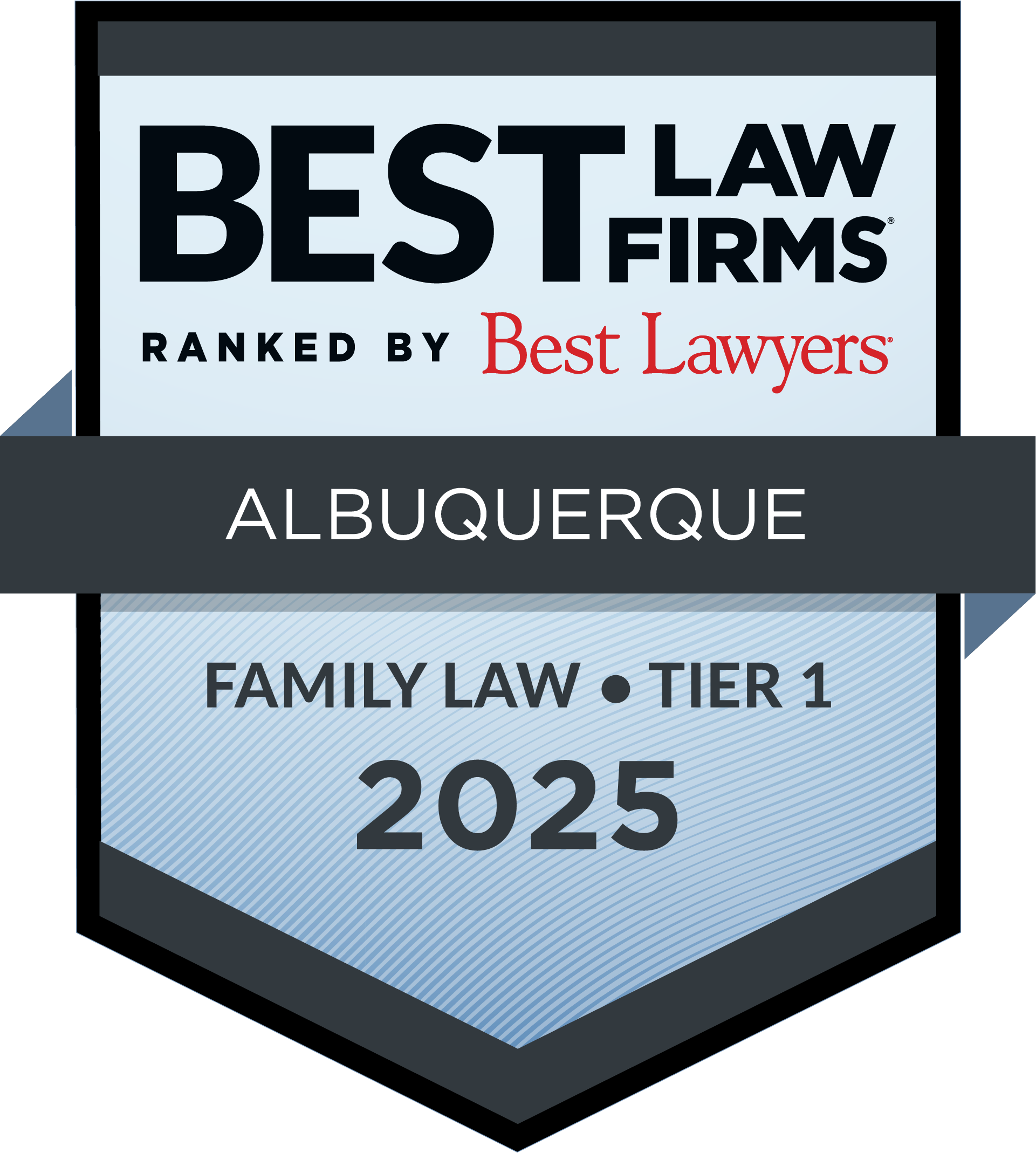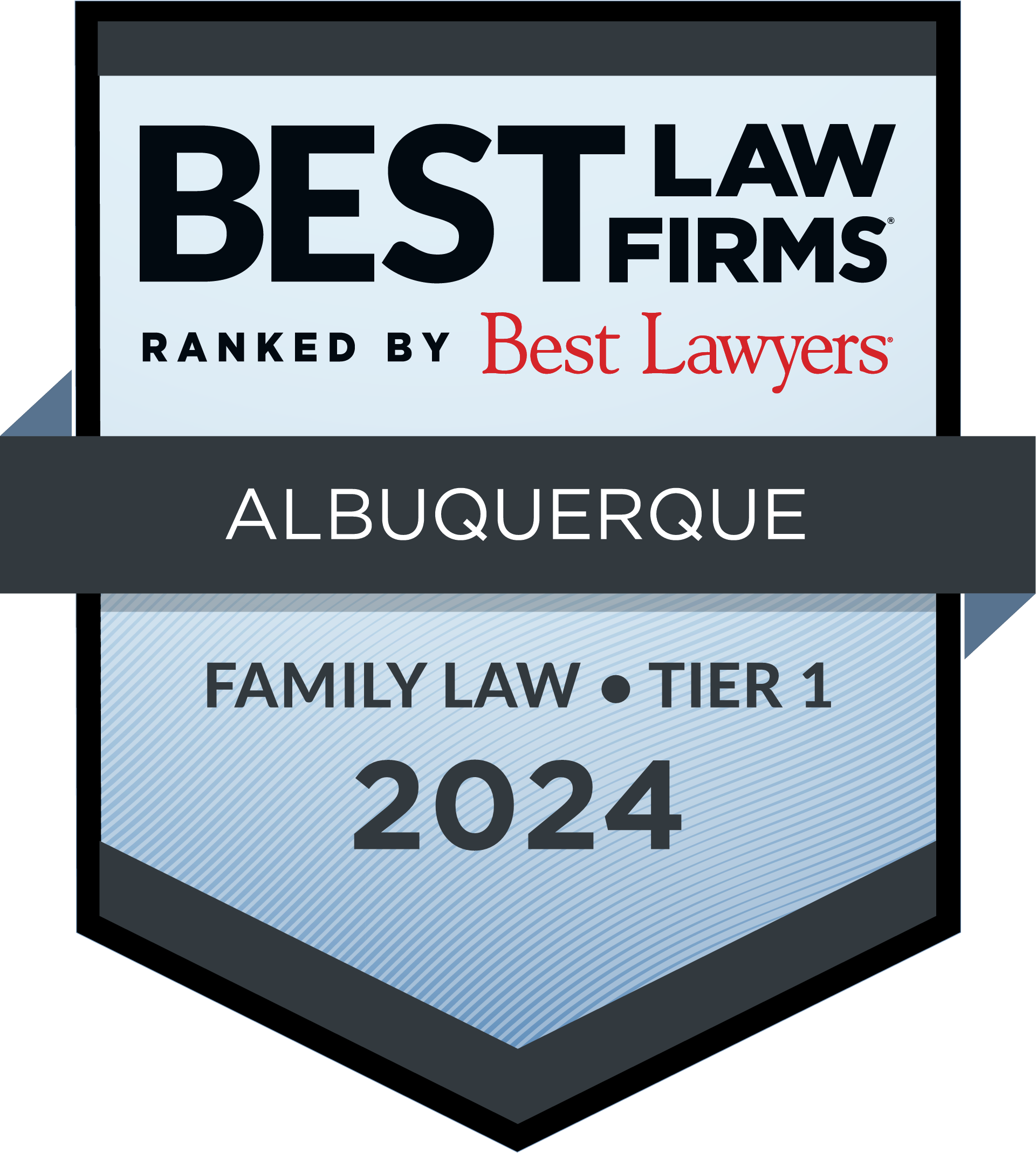LEGAL GUARDIANSHIP IN NEW MEXICO
Legal guardianship is one way by which an adult caretaker may acquire the legal rights and financial means to care for a child who is not their own. Because there are limitations to the legal rights of guardians and because other avenues by which legal custody may be acquired, you should consult with a family law attorney to determine if legal guardianship is the best option for your situation.
TEMPORARY GUARDIANSHIP IN NEW MEXICO
Sometimes parents need to turn over guardianship temporarily to another adult they trust and are willing to consent to a temporary guardianship. Often, this includes grandparents or another relative, but sometimes may be a friend of the family. When this happens, it is important to obtain proper legal documentation to reflect this change and protect your relationship with your child.
GUARDIANSHIP SITUATIONS
In the State of New Mexico, guardianship may be informal or formal.
INFORMAL GUARDIANSHIP means that a caretaker has limited or no legal authority over the child. Unless temporary guardianship is court ordered, the parent(s) may take the child out of the guardian’s care at any time.
FORMAL, OR LEGAL GUARDIANSHIP means that a caretaker has legal custody of the child, giving the caretaker legal rights to make decisions about a child’s education, medical care, etc. A parent cannot revoke legal guardianship at will.
Legal guardianship allows the most stable living situation for a child whose parents are unable or unwilling to care for him or her, reducing trauma and emotional stress on the child.
If you are legal guardian to a child, it means you are responsible for the child’s:
Health care: Legal guardianship means you can make medical decisions, including treatments, counseling and therapy.
Education: You will choose the child’s school, including any Individualized Education Programs. You may also help the child choose extracurricular activities.
Financial support: You must support the child financially, however, you may be eligible for help in the form of welfare, foster care payments and other social services.
Living situation: You may be permitted to move with the child if you obtain permission from the Court ahead of time.
Driver’s license: You may give the child permission to obtain a driver’s license, however, you will have to pay for any damages if the child is in an accident.
Armed forces: You may give the child permission to join the armed forces if he or she is under 18.
SEEKING CHILD SUPPORT PAYMENTS AS A LEGAL GUARDIAN
Legal guardians who have physical custody of a child may be eligible to receive child support payments from the non-custodial parent(s). If there are no existing child support orders or if existing child support orders must be modified to assign a new recipient and/or recalculate the amount based on the guardian’s income and need, you should seek the help of an experienced family law attorney.
IS LEGAL GUARDIANSHIP RIGHT FOR MY SITUATION?
Taking care of children is a big responsibility, one that parents by circumstance or by choice may not bear. If parents are not willing or able to take care of their child or children, another adult with whom the child has a relationship (kin) may step in. Formalizing the relationship by pursuing legal guardianship can give the caretaker the rights and resources they need to adequately provide for and make decisions concerning the child’s welfare.
The family law specialists at Terry & deGraauw, P.C. in Albuquerque, NM have an in-depth knowledge of family law and years of experience. They can help you understand the advantages and disadvantages of legal guardianship and other options for caretakers.









